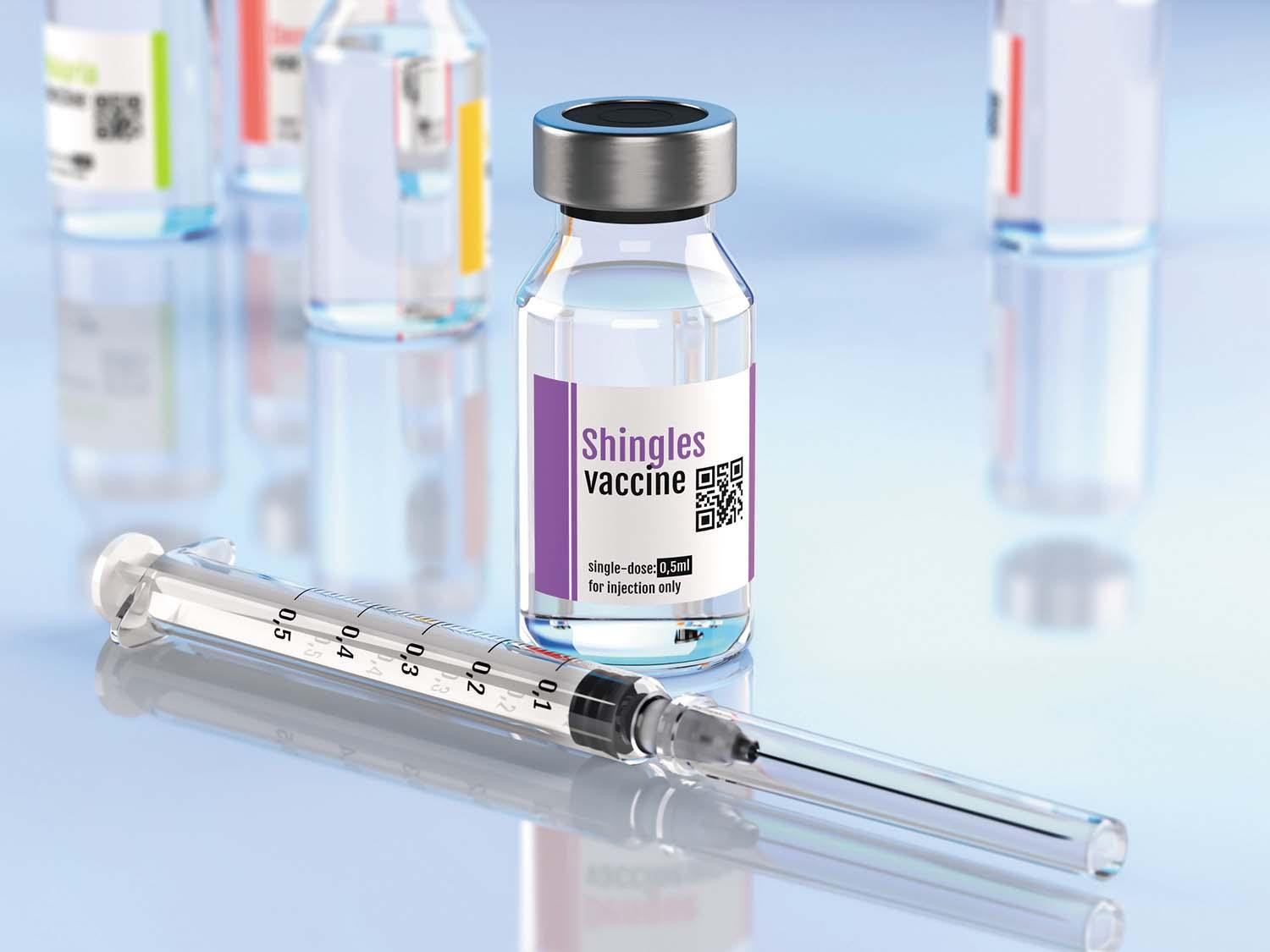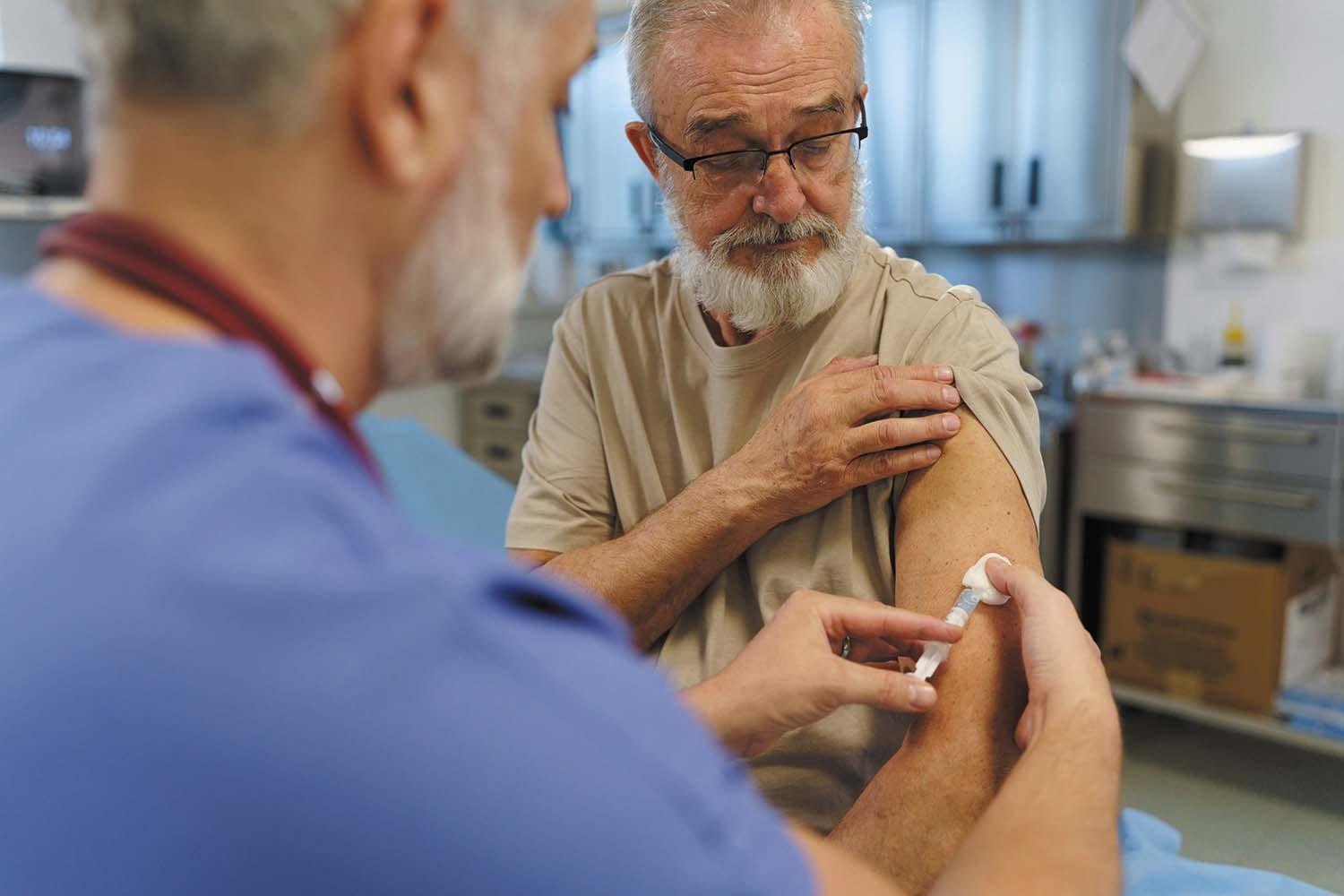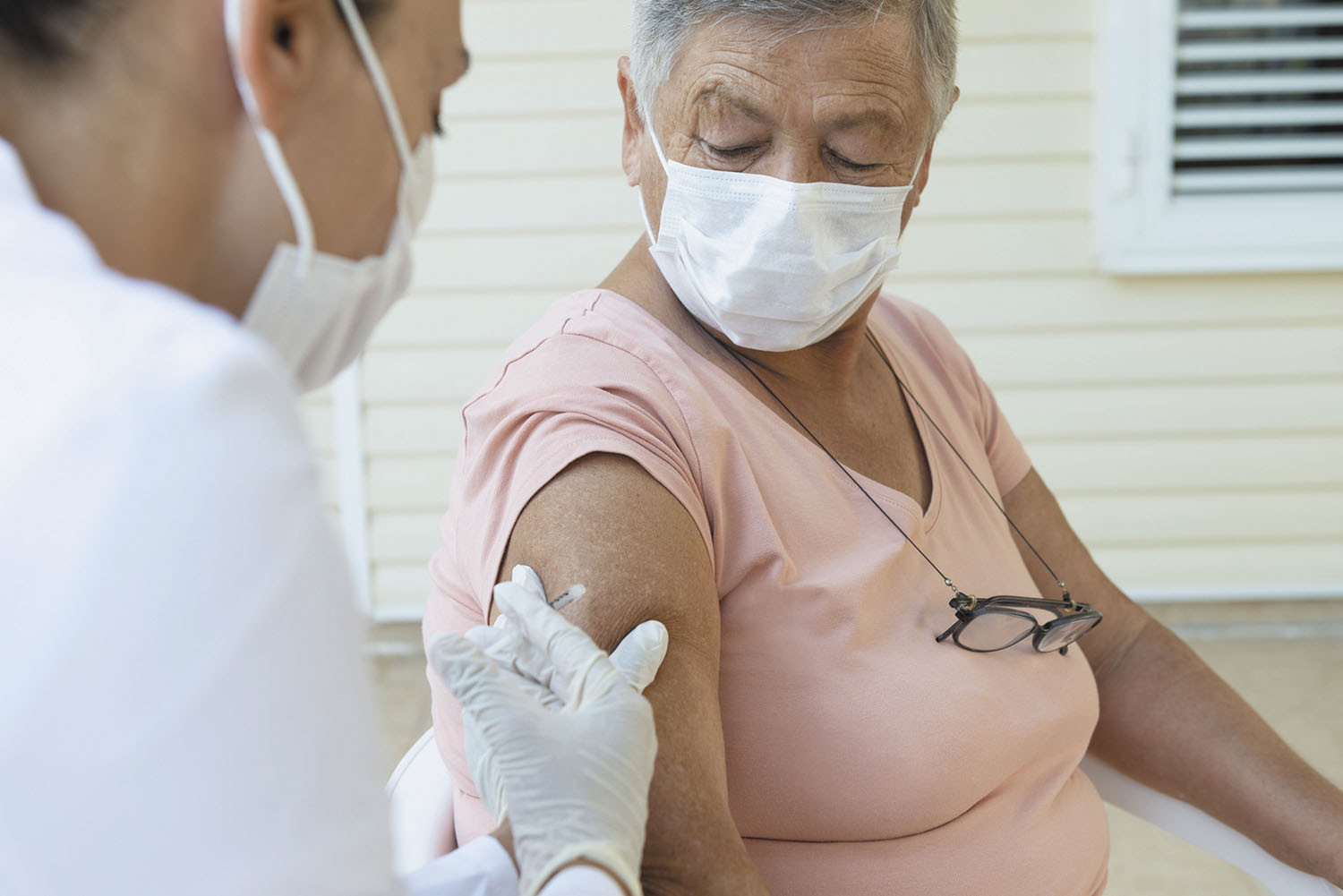
5 timeless habits for better health

What are the symptoms of prostate cancer?

Is your breakfast cereal healthy?

When pain signals an emergency: Symptoms you should never ignore

Does exercise give you energy?

Acupuncture for pain relief: How it works and what to expect

How to avoid jet lag: Tips for staying alert when you travel

Biofeedback therapy: How it works and how it can help relieve pain

Best vitamins and minerals for energy

Should you take probiotics with antibiotics?
Vaccinations Archive
Articles
Can the shingles vaccine protect my heart?
A 2025 study found that people who had received a shingles vaccination had lower risks for stroke and various types of heart disease, including heart failure and heart attacks, compared with people who didn’t receive a shingles vaccine.
Measles is making a comeback: Can we stop it?
In the US, widespread vaccination halted the ongoing spread of measles more than 20 years ago, but recent outbreaks have flared in over 20 US states, leading to hospitalizations and at least two deaths. Measles is highly preventable — here’s what you need to know.
Infections, vaccines, and heart disease: What you need to know
Getting vaccinated against influenza (flu), COVID-19, and pneumonia is especially important for people who have cardiovascular disease. The coughing and congestion that commonly occur with respiratory infections can make breathing more difficult, and the potential drop in oxygen puts added stress on the heart. Serious infections sometimes trigger sepsis, which happens when the immune system is overwhelmed or goes into overdrive, causing symptoms such as a rapid heart rate, very fast breathing, and low blood pressure. These complications can lead to a heart attack.
When will we see a “one-and-done” flu shot?
Scientists are trying to create a vaccine that would protect people against all different strains of the influenza (flu) virus. These vaccines are being designed to target parts of the flu virus that don’t change regularly and so are consistent across all strains. The perfect vaccine would also prevent symptoms (since current vaccines help prevent hospitalization and death, but not symptoms), and its effects would last for a lifetime. While such a vaccine is still many years away from reality, improved flu vaccines are expected in the meantime.
Will we ever have a vaccine to prevent Alzheimer’s disease?
There are currently nine trials of vaccines for Alzheimer’s disease under way. All of them are in people with mild Alzheimer’s or with the pre-Alzheimer’s condition called mild cognitive impairment. All of the vaccines are designed to encourage the immune system to remove protein deposits from the brain. Most experimental vaccines are given by injection; one being tested at Harvard Medical School uses a nasal spray. It will be several years before we know if any of them will work.
Why does my arm hurt after I get a shot?
Arm tenderness is the most common side effect after vaccination. The injection stretches muscle fibers and triggers an immune response, causing discomfort. People can counter pain by moving the injected arm afterward and applying a cool compress or ice pack.
Why do we need new flu shots every year?
With influenza virus, a new vaccine must be developed each year to adapt to the virus’s changing structure.
Shingles vaccine may protect against dementia
A 2025 study suggested that getting the shingles vaccine can significantly reduce the likelihood of developing dementia, especially among women.
Does this vaccine ward off dementia?
A 2025 study found that the shingles vaccine reduced the risk of developing dementia by 20%. The study supports (but doesn’t absolutely prove) the theory that infections may be one cause of Alzheimer’s disease and possibly other forms of dementia.
Why are measles and other "eradicated" infectious diseases coming back?
Measles have made a comeback, with outbreaks in many states. The infection is extremely contagious and can be deadly. Most people getting measles were not vaccinated against it. Adults should get the vaccine if they were born after 1957 and didn't receive two doses. They should get a booster shot if they received the vaccine between 1963 and 1968, when the vaccine used was not as strong as the one that's been given since 1968.

5 timeless habits for better health

What are the symptoms of prostate cancer?

Is your breakfast cereal healthy?

When pain signals an emergency: Symptoms you should never ignore

Does exercise give you energy?

Acupuncture for pain relief: How it works and what to expect

How to avoid jet lag: Tips for staying alert when you travel

Biofeedback therapy: How it works and how it can help relieve pain

Best vitamins and minerals for energy

Should you take probiotics with antibiotics?
Free Healthbeat Signup
Get the latest in health news delivered to your inbox!
Sign Up











